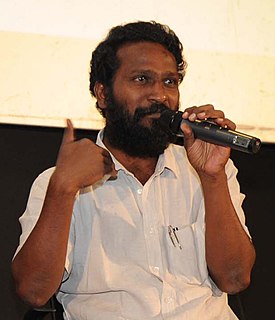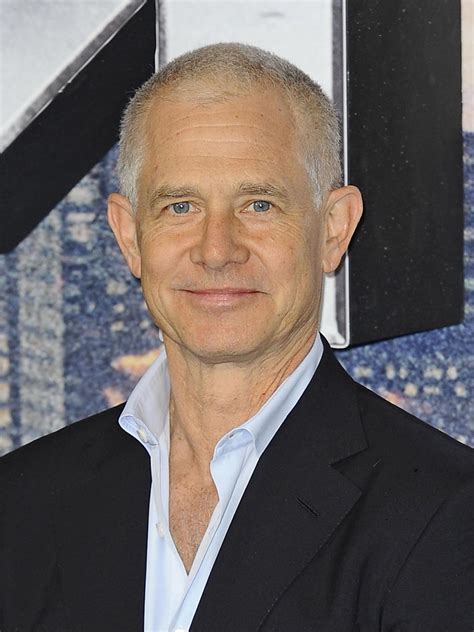A Quote by Stanley Kubrick
The lasting and ultimately most important reputation of a film is not based on reviews, but on what, if anything, people say about it over the years, and on how much affection for it they have.
Related Quotes
From the very beginning, all of my films have divided the critics. Some have thought them wonderful, and others have found very little good to say. But subsequent critical opinion has always resulted in a very remarkable shift to the favorable. In one instance, the same critic who originally rapped the film has several years later put it on an all-time best list. But of course, the lasting and ultimately most important reputation of a film is not based on reviews, but on what, if anything, people say about it over the years, and on how much affection for it they have.
Many Westerners see follow-through and reliability as the most critical factor in how they calculate the trustworthiness of another individual. In some other cultures, who you know and how you're related to other individuals is the most important variable. And for others, it may be as much about your reputation and what others have said about you.
Over the course of the years, I've learned [that] fashion is a fascinating business about selling magic. It is done on the backs of our optimism and our insecurity. It is as much psychology as commerce. But I've also learned that every day we make split second decisions about people based on their attire and those decisions can have powerful implications - see the story of Trayvon Martin and his hoodie. It's important for us to understand how fashion works and how we connect to it.
Listening is terribly important if you want to understand anything about people. You listen to what they say and how they say it, what they share and what they are reticent about, what they tell truthfully and what they lie about, what they hope for and what they fear, what they are proud of, what they are ashamed of. If you don't pay attention to other people, how can you understand their choices through time and how their stories come out?
The most important, the longest lasting, the strongest emotional, and the most practiced memories are the ones that are embedded the deepest in the brain, and because we have retrieved them so many times previously, they are the most able to be retrieved. We all hear about people who can remember their youth, their phone number, or street address from 70 years ago, but they cannot recall what they had for breakfast. The memory of this morning's breakfast wasn't rehearsed, and wasn't very important, so it fades away quickly.
The thing in comedy is that once you start worrying about something not succeeding, you're frozen. There's no verdict on anything. You can make ¡Three Amigos!, and some people will at the time say, "Oh, that's too silly." Then five years later, silly is hip. Now it's considered art. I never comment on anything I do, because if I say anything negative about X film, or X TV show, or X project, people who saw it and loved it go, "Well, am I an idiot?"
If I've learnt anything over the last six years it's that the most important thing is the strength of our economy. That is how we pay for our NHS, how we build schools, how we provide opportunities for people. And I'm in absolutely no doubt that our economy will be stronger if we stay in and will be weaker and at risk if we leave.




































